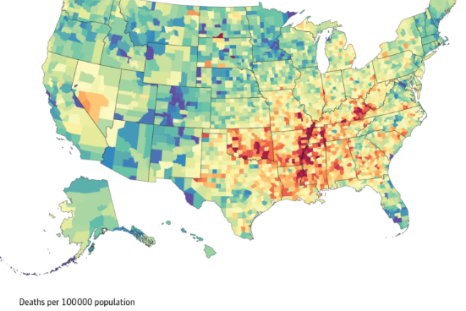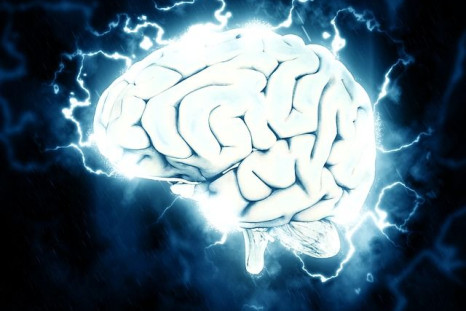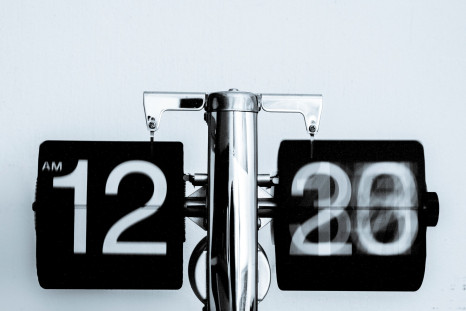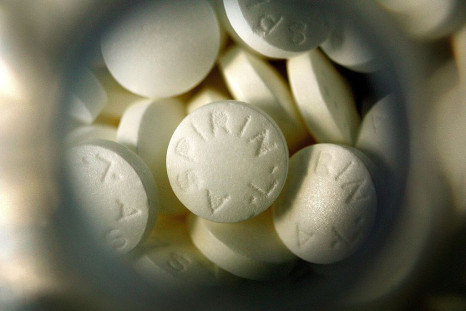Ischemic stroke

Heart Disease Death Rates Vary Widely Across The US, Map Reveals
A new study reveals the substantial differences between US counties for ischemic heart disease and stroke death rates. 
Stroke-Prevention Strategies In Elderly May Also Reduce Their Dementia Risk, Study Finds
New research has suggested that stroke-prevention strategies in those aged 80 and older may also reduce this population's risk for developing certain types of dementia. 
Strokes Are Now A Young Person's Disease; Why Rates Among Americans 18 to 44 Continue To Rise
New research shows that young Americans aged 18 to 44 are increasingly being hospitalized for strokes, especially young men. Doctors have theories on what's to blame. 
First Stroke Patient Receives Deep Brain Stimulation; Operation May Restore Lost Movement
Doctors have performed a deep brain stimulation procedure for the first time ever on a stroke patient. 
Can Grief, Emotional Stress Cause A Stroke? Debbie Reynolds Rushed To ER Amid Planning Carrie Fisher Funeral
Debbie Reynolds died Wednesday, after apparently suffering a stroke one day after her daughter Carrie Fisher's death. 
Magnesium In Your Diet: Risks Of Heart Disease And 5 Other Health Conditions Reduced By Mineral
High dietary magnesium can reduce the risk of these 6 health conditions, from heart disease to PMS symptoms. 
Daylight Saving Time 2016 Health Pros And Cons, From Extra Hour Of Sleep To Cluster Headaches
The end of Daylight Saving Time affects your health for better and worse, from extra sleep to cluster headaches. 
Gruesome Medical Treatments: Doctors Tortured King Charles II After His Stroke
A British monarch was brutally treated for a stroke in ways that seem horrifying when compared to the medical techniques we have today. 
Rio Olympics Doping Facts: How Performance-Enhancing Drugs Work And The Risks
Here's what you need to know about how performance-enhancing drugs work, and the risks they pose to users' health. 
Aspirin Is The Best Thing You Can Take After A Mini Stroke, Study Says; Reduces Future Risk By Up To 80%
New study finds taking an aspirin after a mini-stroke can reduce the risk of a subsequent stroke by up to 80 percent within the first few days.



























